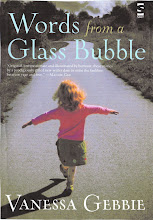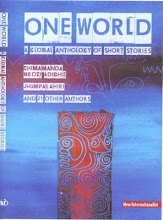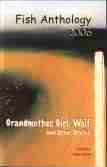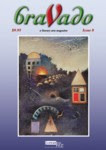Caradoc Evans was born into the Welsh-speaking farming culture of Carmarthenshire in West Wales.
He moved to London and became a journalist, but never forgot his formative years.
Evans’ first story collection, My People, kicked up a storm when it was published in November 1915, for instead of nostalgic sentiment he sketched a rural Wales riven by greed, class conflict, and family violence, all presided over by repressive and domineering Methodist chapel ministers. His rendering of Welsh rural dialect also annoyed people, who found such quaint phrases as “whisper you me” condescending.
Welsh reviews of My People were scathing. To many it seemed a betrayal for Evans to expose the seamier side of Welsh society, especially when the political rise of Lloyd George was giving many Welsh a long-overdue sense of national pride and respectability. To threaten this newfound and fragile respectability, especially during wartime, seemed to many Welsh an all but unforgivable act.
The stories, set in the fictional village of Manteg were linked not by plot progression, nor principally by including the same characters, but by taking place in one setting, which is very much its own peculiar world. The stories are especially distinguished by the language which Evans invented…
To cut a long 'tail' (!) short, he ignored the criticism, went on to publish several books, and write several plays. But he was never accepted in his home country, despite being admired by Dylan Thomas and many other writers of the day.
Two Welsh galleries refused to hang his portrait. And when it was hung in London, it was slashed across the throat.
Friday, 17 October 2008
Subscribe to:
Post Comments (Atom)




.JPG)























1 comment:
Interesting post, Vanessa, thanks.
Do you have a copy the Autumn 08 Poetry Review? There's an article which might grab your attention, if it hasn't already, by Gwyneth Lewis, Criss-Crossings: Literary Adventures On Irish And Welsh Shores.
Also,
the poem 'Song of Scotland' by James W. Wood.
Post a Comment